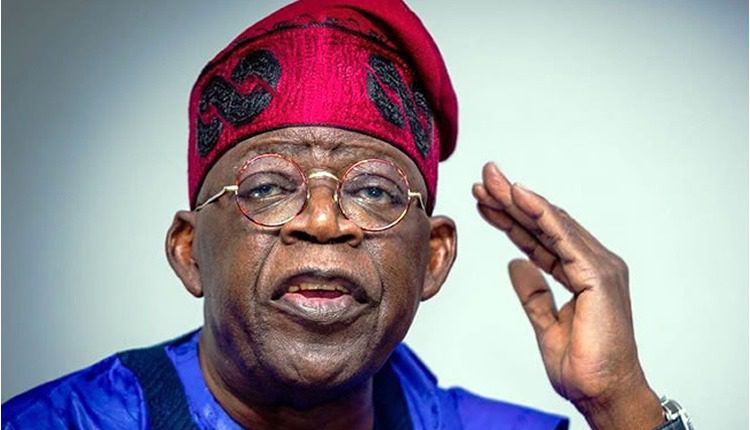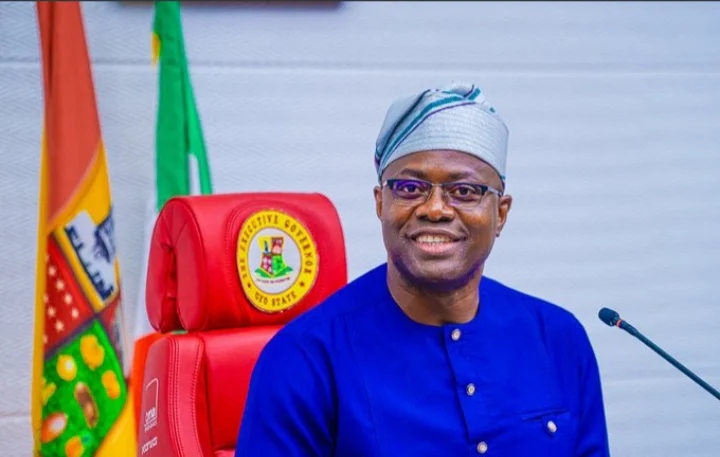Seyi Makinde, governor of Oyo state, has said that the departure of former Vice-President Atiku Abubakar from the Peoples Democratic Party (PDP) will not impact the party’s position.
Abubakar left the PDP on July 14, stating that the party has deviated from its founding principles.
The party, which serves as the main opposition, has been experiencing internal conflict since the 2023 presidential election.
Speaking on Wednesday during the 10th coronation anniversary colloquium of Aladetoyinbo Ogunlade, the Deji of Akure, Makinde said Atiku’s departure will not weaken the PDP’s foundation or momentum.
The governor noted that the PDP would be in a stronger position if those hindering its progress step aside.
“Politics is a game of interest. I don’t think his exit will make any dent on PDP as a party,” Makinde said.
“PDP is an institution. We have freedom of entrance and exit. Anyone who holds PDP down, it is better for such an individual to quit.”
Speculation continues to grow that Makinde may enter the 2027 presidential race.
Abubakar, who is also seeking the presidency, has aligned himself with the opposition coalition to advance his ambition.
Addressing the move by some opposition politicians to adopt the African Democratic Congress (ADC) ahead of the 2027 elections, Makinde said the coalition does not pose a threat to the PDP.
“I don’t see ADC as a threat to PDP. The goal is about the same. If you are not happy about the tempo and pace of governance, you are free to associate and see what can be done,” he said.
“But one thing we must all realise is that players will come and go, governors will come and go, presidents will come and go, but our state and country will remain.”
Makinde emphasized that traditional institutions are essential to good governance, conflict resolution, and community development.
“Too often, traditional institutions are misunderstood. Some imagine frail old men who have outlived their relevance,” he said.
“Others view them as mere instruments of political endorsement. That mindset must change.
“Traditional institutions are not relics of the past. They are enduring pillars of identity, legitimacy, and communal cohesion.
“Long before Nigeria’s formal administrative systems took root, traditional rulers dispensed justice, upheld values, coordinated local security, and kept communities united.
“Reforming legal frameworks to provide clarity on the roles, rights, and recognition of traditional councils and strengthening our security architecture to formalise community policing strategies rooted in traditional structures.”
Makinde said traditional institutions continue to be the custodians of the grassroots and warned that excluding them from nation-building would be a mistake.
“No wonder politicians continue to seek their blessings and validation,” he added.

 BIG STORY3 days ago
BIG STORY3 days ago
 BIG STORY2 days ago
BIG STORY2 days ago
 BIG STORY3 days ago
BIG STORY3 days ago
 BIG STORY3 days ago
BIG STORY3 days ago
 BIG STORY6 hours ago
BIG STORY6 hours ago
 BIG STORY2 days ago
BIG STORY2 days ago
 BIG STORY2 days ago
BIG STORY2 days ago
 BIG STORY2 days ago
BIG STORY2 days ago




















